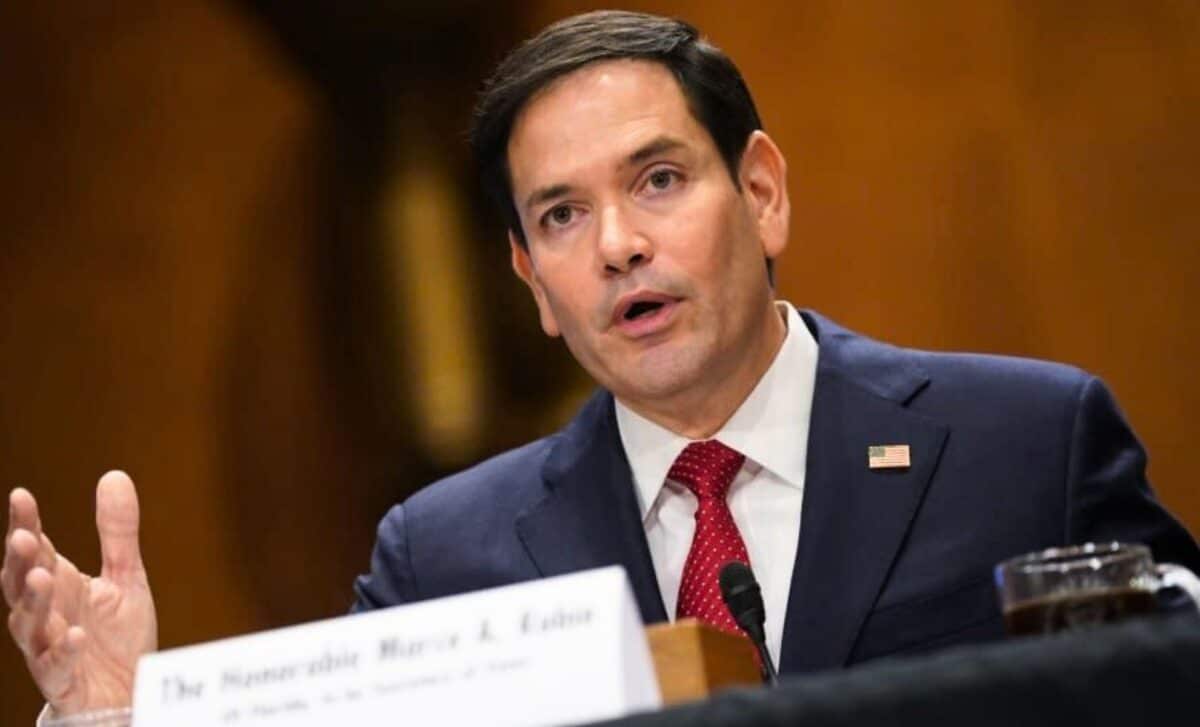The US State Department has paused all foreign assistance programs and frozen new commitments, according to an internal memo leaked to officials and confirmed by the BBC. This decision follows an executive order issued by President Trump earlier in the week, mandating a 90-day review of all foreign aid programs to ensure alignment with his administration’s priorities.
The United States, recognized as the largest international aid donor globally, allocated $68 billion in foreign assistance during 2023. The freeze may have far-reaching implications for aid-dependent regions and international stability.
Freeze on Foreign Aid Programs
The internal memo directs US officials to halt obligations for new awards or extensions of existing contracts. “No new funds shall be obligated for new awards or extensions of existing awards until each proposed new award or extension has been reviewed and approved,” the memo reads.
Furthermore, it instructs officials to issue stop-work orders on ongoing projects. The review, led by Secretary of State Marco Rubio, is expected to conclude within 85 days and aims to ensure that foreign aid programs are “effective,” “non-duplicative,” and in alignment with President Trump’s foreign policy goals.
Exemptions to the freeze include emergency food assistance and military funding for Israel and Egypt, key allies of the United States. The memo underscores that these exceptions were granted to safeguard pressing humanitarian and geopolitical needs. However, critics warn that the freeze will significantly disrupt numerous other programs.
Affected Programs and Regions
This halt is expected to disrupt a wide array of US-funded humanitarian and development programs globally. Among these are humanitarian de-mining operations, critical for post-conflict recovery efforts. According to Josh Paul, a former senior State Department official involved in overseeing congressional relations on weapons transfers, “One can imagine, for example, the humanitarian de-mining programs around the world suddenly being told stop work. That’s a pretty big deal.”
Former USAID mission director Dave Harden echoed concerns about the suspension’s impact on essential services, particularly in regions where US assistance underpins water, sanitation, and shelter initiatives. “The employees of the implementing partner or the [non-governmental organization] would be able to be paid, but actual assistance, I think, needs to be halted,” he said.
He also emphasized that the scale of this pause is unprecedented, noting, “Not only does it pause assistance, but it puts a ‘stop work’ order in existing contracts that are already funded and underway. It’s extremely broad.”
Regions heavily reliant on US aid, such as parts of Africa, the Middle East, and South Asia, could face immediate repercussions. Specific concerns have been raised about Ukraine, which received billions of dollars in weapons and humanitarian aid under the previous Biden administration. The freeze could hinder ongoing efforts to support the country amid its ongoing conflict with Russia.
Political Context and Strategic Considerations
The freeze aligns closely with Secretary of State Rubio’s philosophy that foreign aid should contribute directly to making the United States “stronger,” “safer,” or “more prosperous.” Rubio’s justification, as outlined in the memo, emphasizes the need to ensure aid programs are effective and not duplicative.
However, this decision comes during a time of heightened need for humanitarian assistance globally. In Gaza, for instance, humanitarian aid has surged following a ceasefire between Israel and Hamas, while other crises, such as the famine in Sudan, demand urgent attention. The AFP news agency has reported that the funding freeze could jeopardize ongoing relief operations in these areas, exacerbating human suffering.









